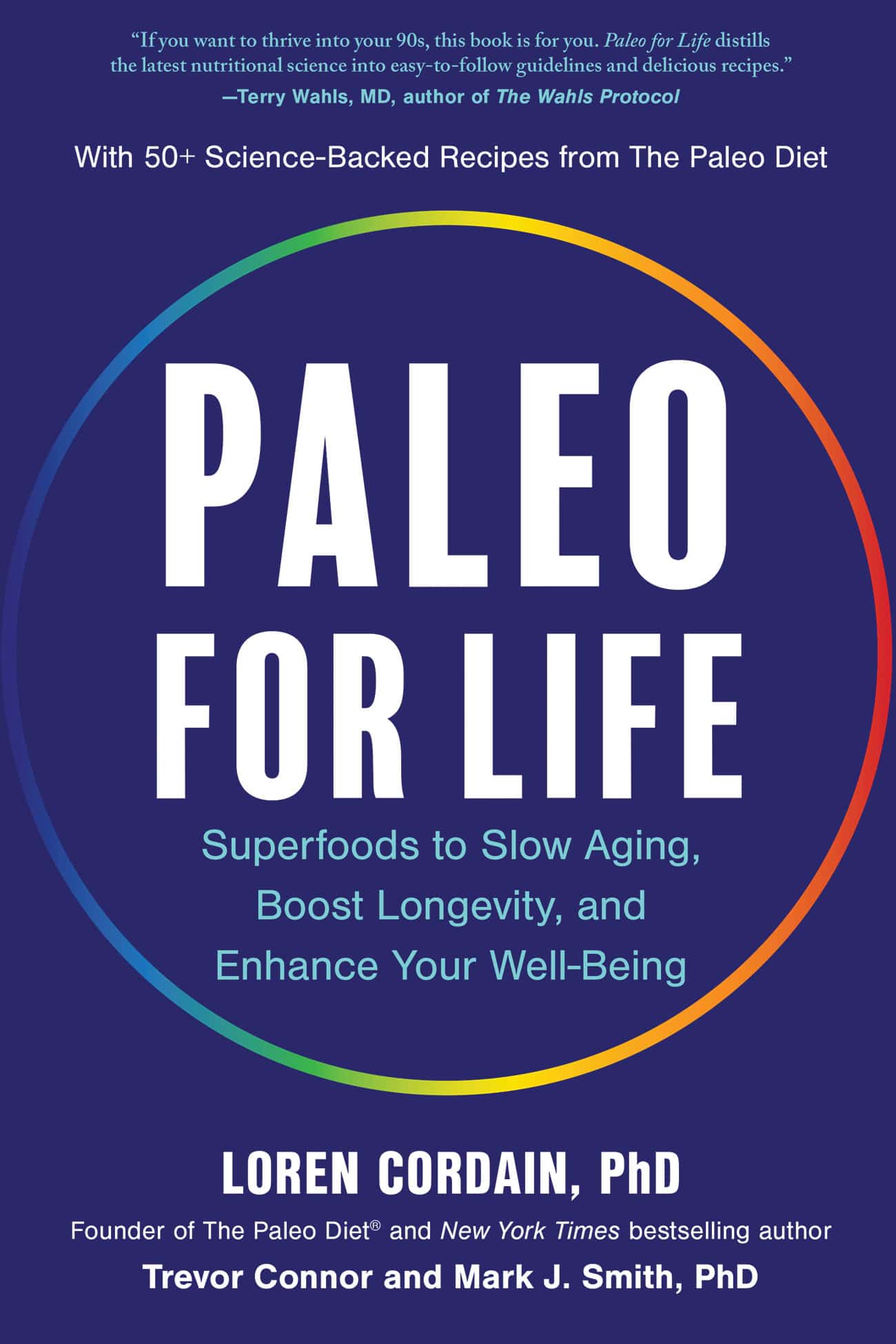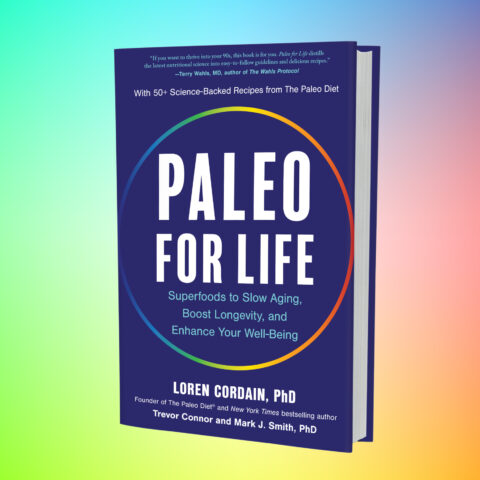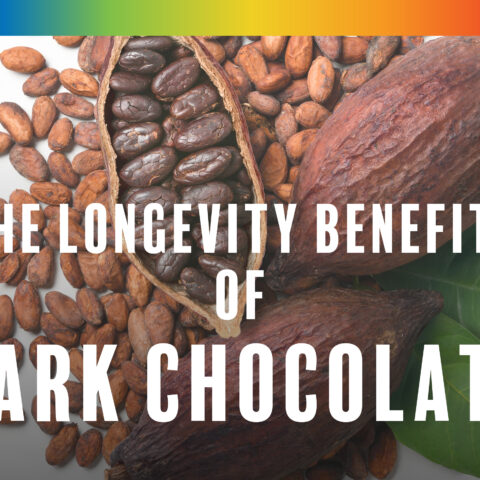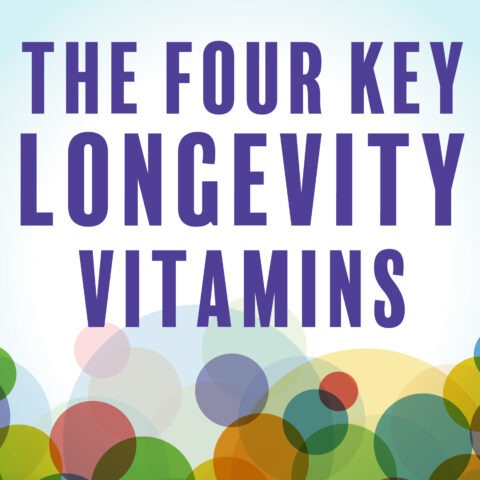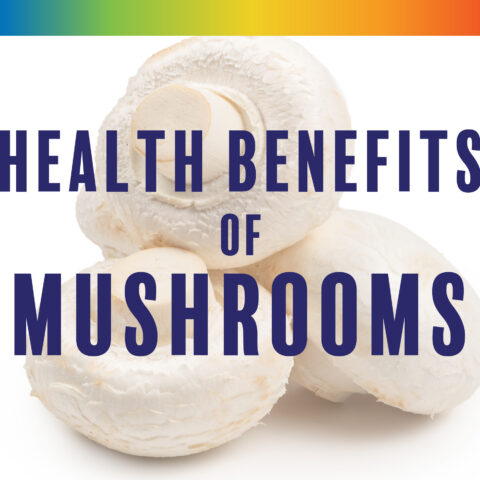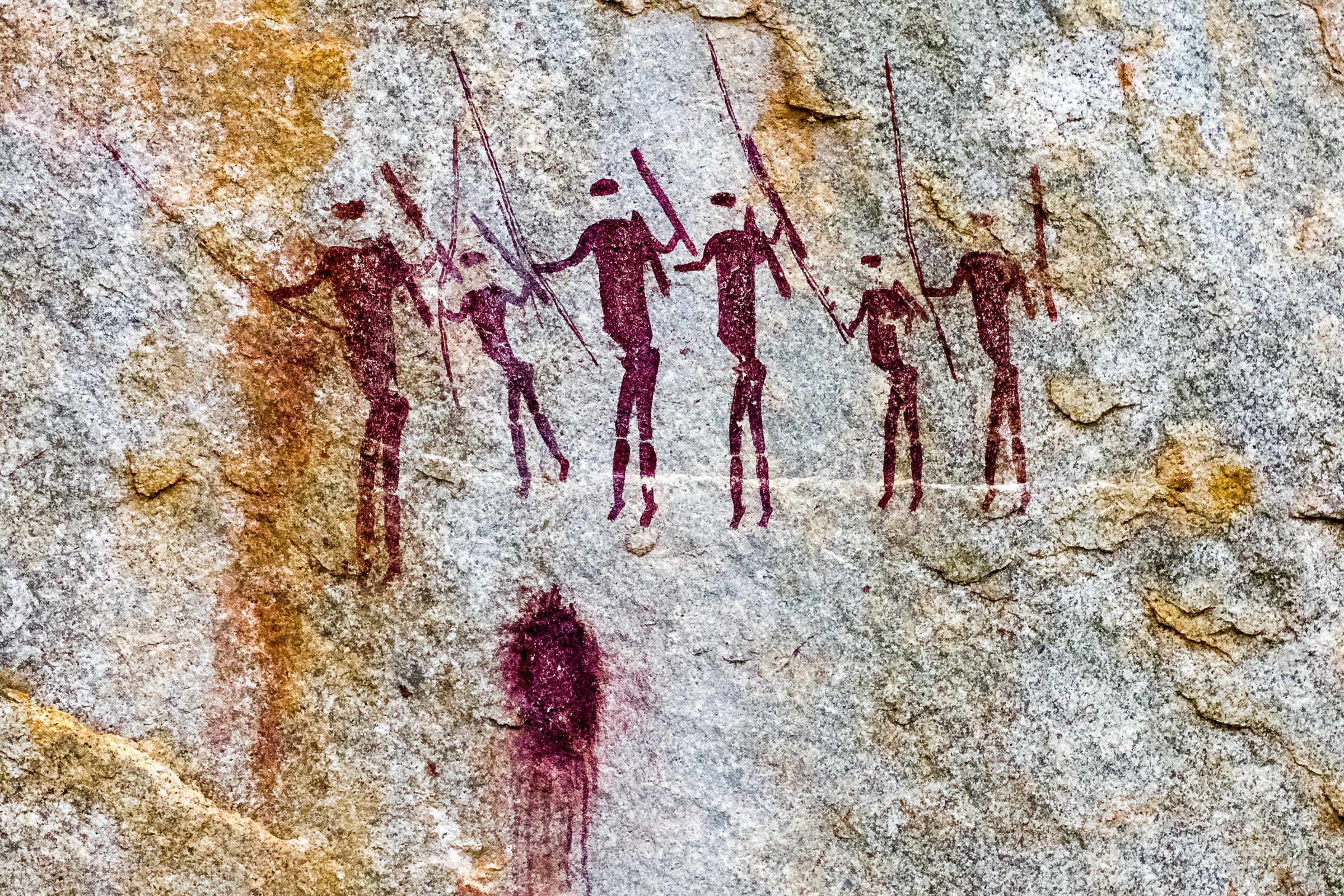
Live Longer, Better

Don't just live—thrive.
With life expectancies stretching longer than ever, more and more people are looking to age with grace and resilience. The Paleo Diet® is not only designed to support strength in your later years, but can help with chronic inflammation and mental acuity as well.
Take control of your life by choosing foods that can increase muscle mass, diminish risk of cognitive decline, and reduce inflammation that can lead to chronic disease.
When you sustain yourself with nutrient-rich foods, you’re not just supporting your health in the short term, but for many years to come.
Excerpts from Paleo for Life
Increase Lean Muscle
Animal proteins like the ones found in a Paleo diet can help maintain lean muscle mass, an important marker for healthy aging.
Diminish Risk of Cognitive Decline
There are many factors that can affect the likelihood of developing dementia or Alzheimer’s disease, and diet is one of them. When you reduce your intake of sugar, you’re supporting your cognitive health.
Reduce Risk of Chronic Disease
Excess alcohol, sodium, sugar, and ultra-processed foods can all contribute to chronic disease over time. The Paleo Diet forgoes these foods in favor of nutrient-dense, minimally processed whole foods, sustainable proteins, and healthy fats.
Discover More About The Paleo Diet & Longevity
Fact Checking the Data Behind Blue Zones
Blue Zone regions and diets are based on data from people who make it to 100 years of age, but these aren’t the oldest populations in the world.
Full ArticleThe Myth That Hunter-Gatherers Didn't Live Long
Does Bill Nye’s criticism of Paleo lifestyles hold scientific weight? Read why the research doesn’t back his claims.
Full Article